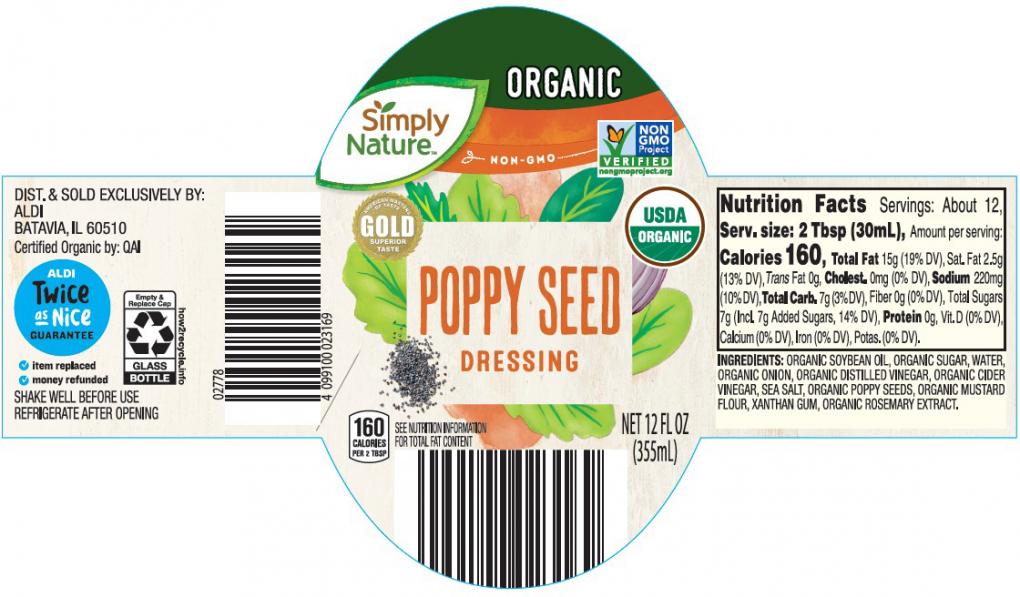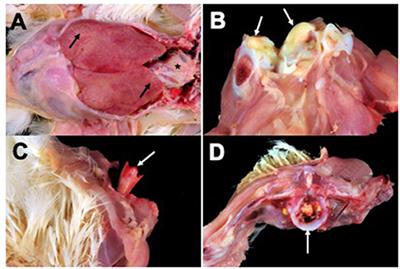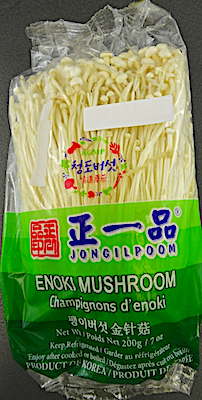The FDA reported that Drew’s Organics, LLC of Chester, VT recalled one lot code of Aldi Simply Nature Organic Poppy Seed Dressing due to a processing issue allowing microbial growth. The recalled product comes in a 12 fl. oz. glass bottle with the Best if Used By date of Feb 15, 2023. Product has been distributed to select Aldi stores between August 20th and September 10th in the following states Alabama, Arizona, California, Connecticut, Delaware, Georgia, Iowa, Illinois, Indiana, Kentucky, Massachusetts, Maryland, Michigan, Minnesota, Mississippi, North Dakota, New Hampshire, New Jersey, New York, Ohio, Oklahoma, Pennsylvania, Rhode Island, South Dakota, Tennessee, Texas, Virginia, Vermont, Wisconsin, and West Virginia. No illnesses related to this product have been reported. The recall was initiated after Drew’s Organics, LLC observed a color difference in the Simply Nature Organic Poppy Seed Dressing after manufacturing. Investigation revealed out-of-spec pH potentially allowing for microbial growth, including Clostridium botulinum, rendering it unsafe for consumption. @ https://www.fda.gov/safety/recalls-market-withdrawals-safety-alerts/drews-organics-llc-issues-voluntary-recall-aldi-simply-nature-organic-poppy-seed-dressing-potential?utm_medium=email&utm_source=govdelivery




